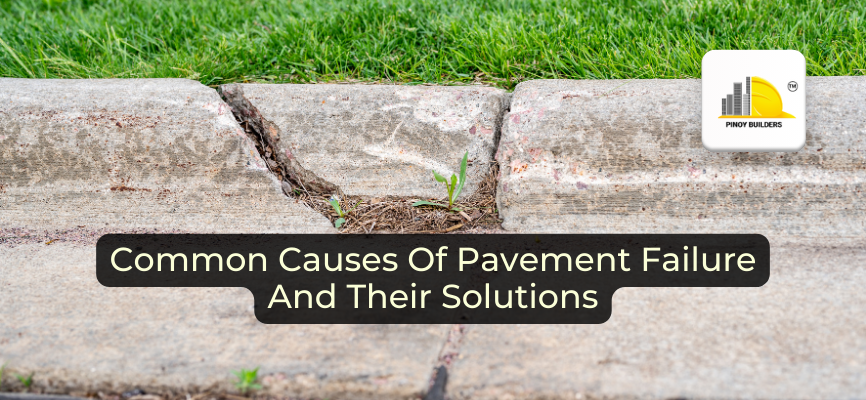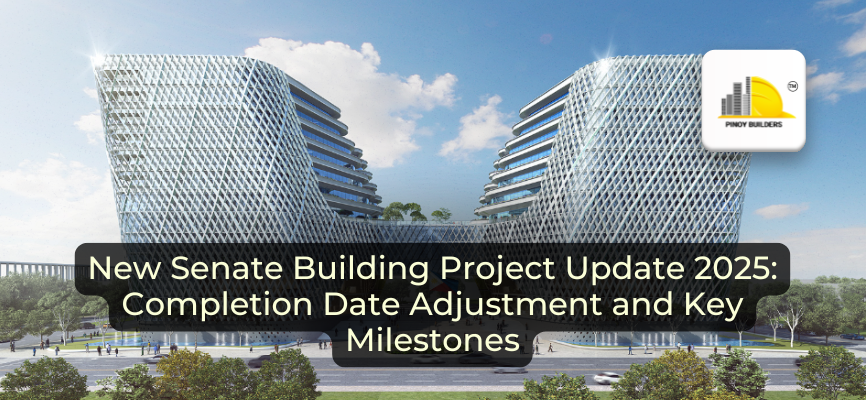There is always a room for improvement. This is also true in construction such as when your clients encounter deterioration of pavement. If you have proper knowledge of causes of pavement failures and their solutions, then you can relay this to your clients. Pinoy Builders shares with you causes of pavement failure and recommended solutions.
1. Poor Soil
When a water table receives more water than it can drain off, the level rises and movement in the water table can cause erosion in the density of the soil leading to its weakening.
Poor soil can result to pavement failure. In order to avoid this, it is advisable to install drains to help keep soil dry. Resurfacing is not recommended as it is only a short-term solution. This is because once pavement deteriorates, the subsurface follows and affects the new surface as well.
Soils can weaken due to the intrusion of water. Poor soil support results to pavement failure. Soil stabilization thru hydraulic binders can help prevent the weakening of soil due to moisture.
2. Ground Hole
Leakage from underground water pipes deteriorates the soil that anchors the pavement due to erosion. It may result in a hole or a localized void on the pavement. To remedy this, determine the location of leaking water pipes, remove the leak, and toughen the soil. Make sure that the pavement is in good condition again. Another better solution is applying flowable fill for assurance of a dense subsurface.
3. Poor Quality of Materials
Factors that affect low quality of materials are poor grading of aggregates and low bearing strength of soil. These factors hasten pavement worsening such as cracking. The proper way to repair this is to replace the underlying layers with good dense soils with high CBR ratings or match it with treated stabilized soils.
4. Timing of Maintenance
Pavement performance depends on when and how maintenance is performed. Usually, a pavement has an added life (due to proper maintenance) of two to three years, contributing to 10% of the total life span. Thus, fixing the pavement during its added life period is recommended. Maintenance of pavement should not be delayed as the cost to repair can exponentially increase.
Completed projects should be monitored for cracks and movement. Being able to capture structural cracks can help you determine the cause and find a corresponding solution to it. Have a structural engineer inspect and get his recommendation. This extends the life of your pavement.
Take note also that in a given situation, it is possible to have more than one cause. Keep in mind these factors as knowledge of these situations can be helpful in preventing pavement failure.
![]()








